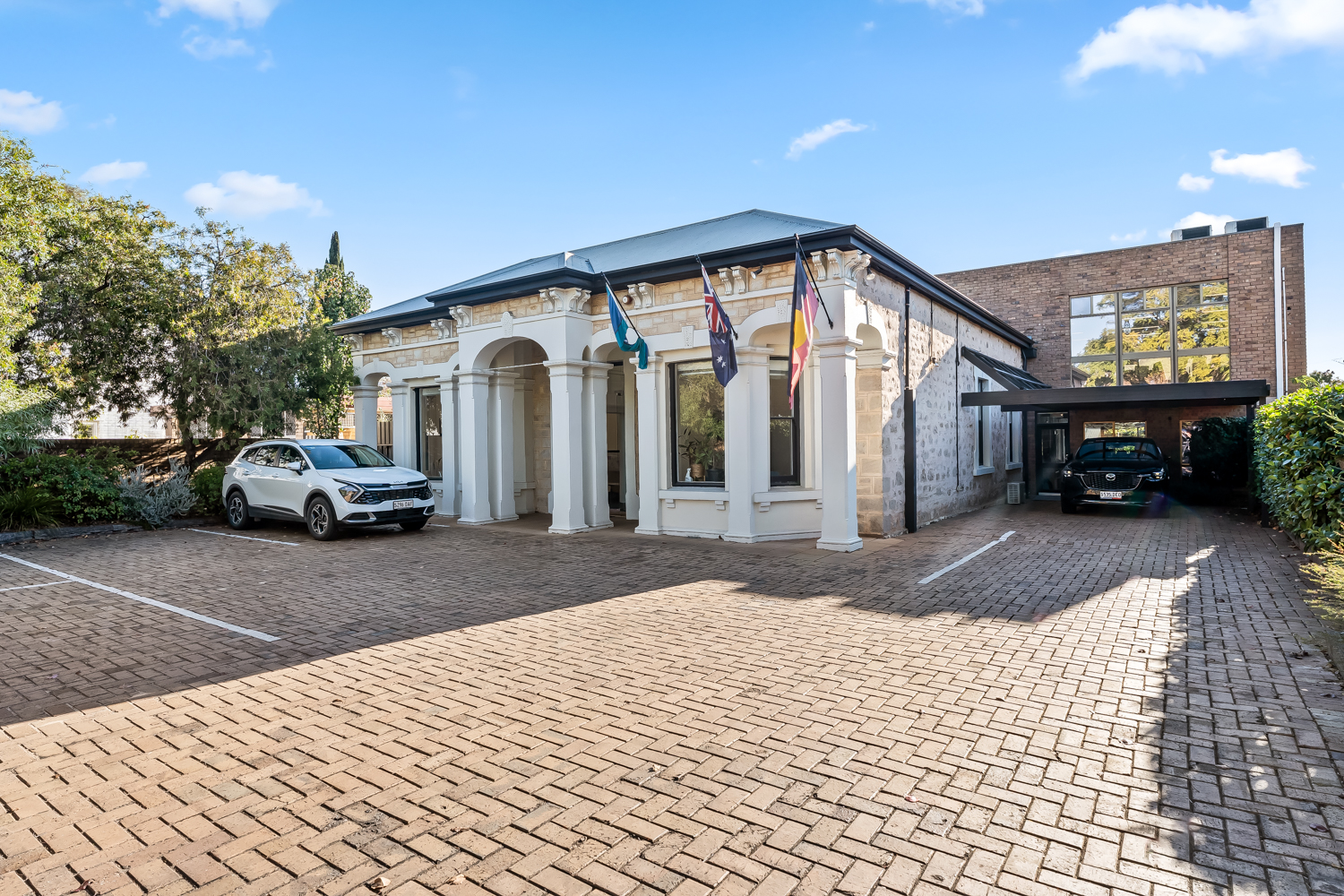Blockchain technology shaping the future of commercial real estate
Implications of blockchain technology in Real Estate
In short, blockchain technology enables the user to record information on a digital ledger. It divides and stores the entered information in a compartmentalized array across several computer systems on a Blockchain network. Technically speaking, Blockchain technology utilizes Distributed Ledger Technology (DLT), where the stored information becomes impossible to hack, alter or erase.
This technology makes information significantly more transparent and safer than conventional ledgers we have been using over centuries. Real estate transactions, a DLT platform allows storing information about an asset on a ledger, instantly available to any party anywhere on the network. Potential human errors can be eliminated with DLT, given its extreme transparency in due diligence. With increasing use, blockchain adaptation has become a priority across industries, with services like financial, intelligence, and voting protocols being at the forefront. Similarly, even in real estate, cases of its adaptation are numerous. Blockchain is consistently transforming the real estate landscape, be it investments or assets and operations management.
The biggest constraint with sale or lease of properties is the hassle of an ever-present middleman. This is avid in Sri Lanka, as there is minimal or no barrier to become an agent or a broker.
In such cases, the roadblock is the inability of accurate information transfer from the seller of the property to the buyer or the lessor to the lessee. Information is often altered to reap the undue advantage of a transaction. With DLT, one can build a real estate marketplace on a blockchain technology where stakeholders can communicate and transact freely and directly without a mediator. The stakeholders on this marketplace can have 100% confidence that the information is not tampered with. Besides, it enables smoother transactions in the fastest time possible.
Furthermore, in most countries, real estate primarily attracts local investors. With globalization, transactions across borders should be seamless but it is a cumbersome process in reality.
Due to this factor, most investors do not vigorously seek real estate investment outside their homeland. Blockchain and cryptocurrency are solutions to this problem. This solution is a process, called On-Demand Liquidity (ODL), achieved through a bridge currency, in this case, a crypto token. Ripple Labs operating out of San Francisco, California, is at the forefront of providing this solution to companies worldwide. With ODL, investors around the world can pursue Real Estate investments across borders.
Looking for more insights? Never miss an update.
The latest news, insights and opportunities from global commercial real estate markets straight to your inbox.
How does such a digitized transaction take place?
An individual from country X deploys a smart contract (SC) on a real estate marketplace built on top of a blockchain. SC detects an investment in Country Y which meets the requirements set by the individual in country X. SC executes the transaction, and the payment is made through ODL. The seller receives the payment in the local currency of country Y. The entire transaction completes within a few seconds.
Another vital usage of blockchain in real estate is its application for REITs. Here, it makes the strongest case. One single Bitcoin can be divided into 100 million individual units, called “satoshi”. Every single satoshi can be designated to any asset like REITs/stocks/bonds or identity information, and even votes. This process is called tokenization of an asset. There is immense potential in making REITs accessible to a wider investor base by migrating them on a blockchain. Simply put, anyone around the world with an internet connection can become a prospective REITs investor if it is on the blockchain. The barriers to entry will be drastically diluted.
Investment Opportunities
Apart from this, blockchain has numerous other applications within REITs. Although in its absolute infancy in Sri Lanka interest in REITs is garnering traction in the local market, and their popularity is rising. This could be an ideal time for the nation to implement REITs built on a blockchain. Early adoption of Blockchain for REITs can act as a catalyst for the REITs market growth, locally.
The usage of blockchain in real estate, discussed here, is merely the tip of an iceberg. The entire industry surrounding blockchain is in a nascent stage right now, albeit already disrupting multiple industries at once. Therefore, the pros of early adoption vastly outweigh the negatives. Early adoption of blockchain in the real estate sector will enable the entire industry to leverage numerous benefits of this technology in the near future.
聯繫 Shazana Zarook
Executive- ResearchWhat’s your investment ambition?
Uncover opportunities and capital sources all over the world and discover how we can help you achieve your investment goals.




